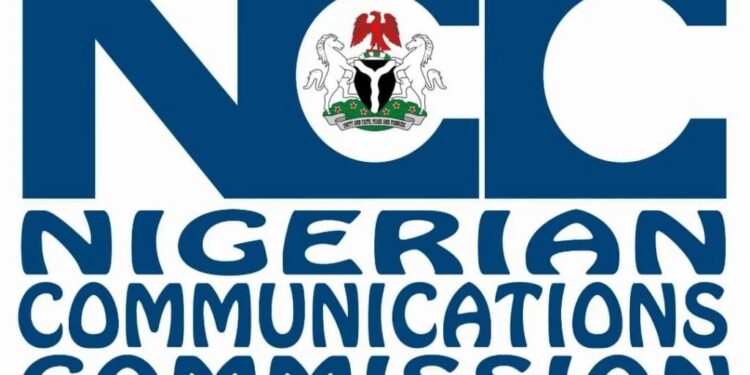The Nigerian Communications Commission (NCC) has instructed telecommunications operators to deactivate Unstructured Supplementary Service Data (USSD) codes assigned to nine financial institutions due to outstanding debts.
The directive was announced in a public notice signed by the NCC’s Director of Public Affairs, Reuben Muoka, and mandates the affected banks to clear their debts by January 27, 2025. Failure to do so could result in the reallocation of their USSD codes to other applicants.
USSD codes are vital for enabling mobile banking services, and their deactivation may significantly disrupt operations for the affected institutions. The NCC disclosed that nine out of 18 financial institutions have yet to comply with the regulatory directives issued in a December 2024 joint circular by the Central Bank of Nigeria (CBN) and the commission.
While other banks have settled their dues, the initial debt owed by all institutions exceeded N200 billion. The regulator, however, did not reveal the current outstanding amounts. Some of the invoices in question date back to 2020, underscoring a long-standing dispute between telecom operators and banks.
In its notice, the NCC emphasized that failure to comply with the joint circular also jeopardizes the banks’ eligibility for USSD code renewal. As a result, consumers may face disruptions when accessing the USSD services of the affected banks starting January 27, 2025.
The listed banks include Fidelity Bank Plc, First City Monument Bank, Jaiz Bank Plc, Polaris Bank Limited, Sterling Bank Limited, United Bank for Africa Plc, Unity Bank Plc, Wema Bank Plc, and Zenith Bank Plc. USSD codes such as 770, 919, and 822 are among those at risk.
The commission reiterated that it had provided ample notice to the affected institutions to settle their obligations, highlighting the impact on consumers if the issue remains unresolved.
This development underscores ongoing tensions between banks and telecom operators over USSD-related debts, a challenge that has persisted for years. Meanwhile, data from the CBN showed significant growth in USSD transactions, with 252.06 million transactions worth N2.19 trillion conducted in the first half of 2024.
Initially designed for basic telecom services, USSD has become a critical banking tool, providing financial services to millions without requiring Internet connectivity.
























